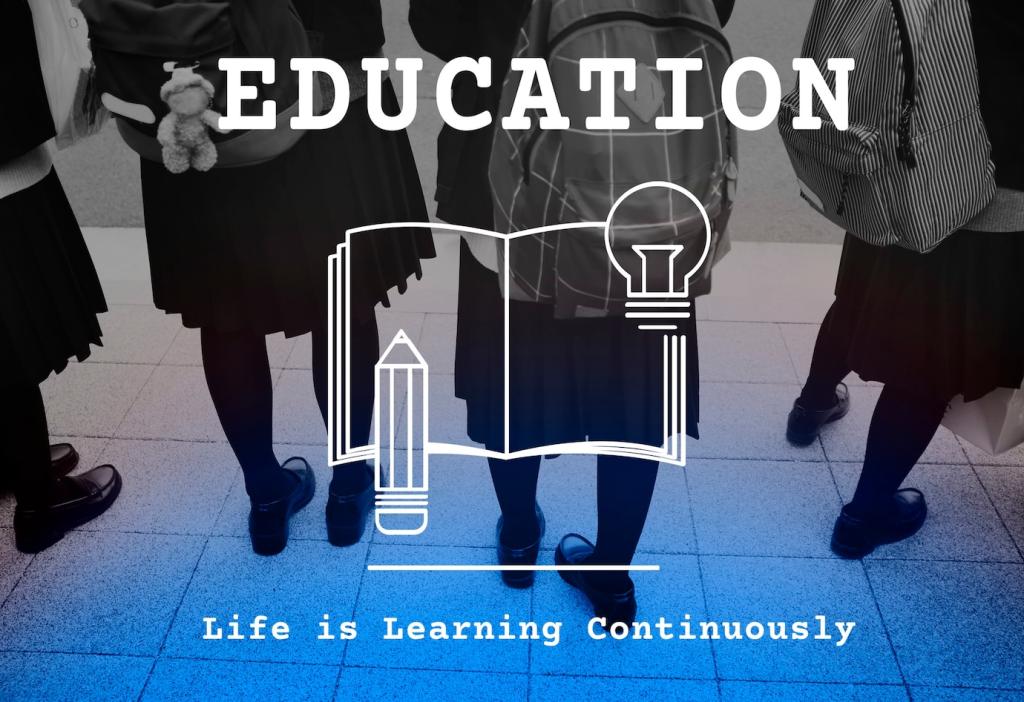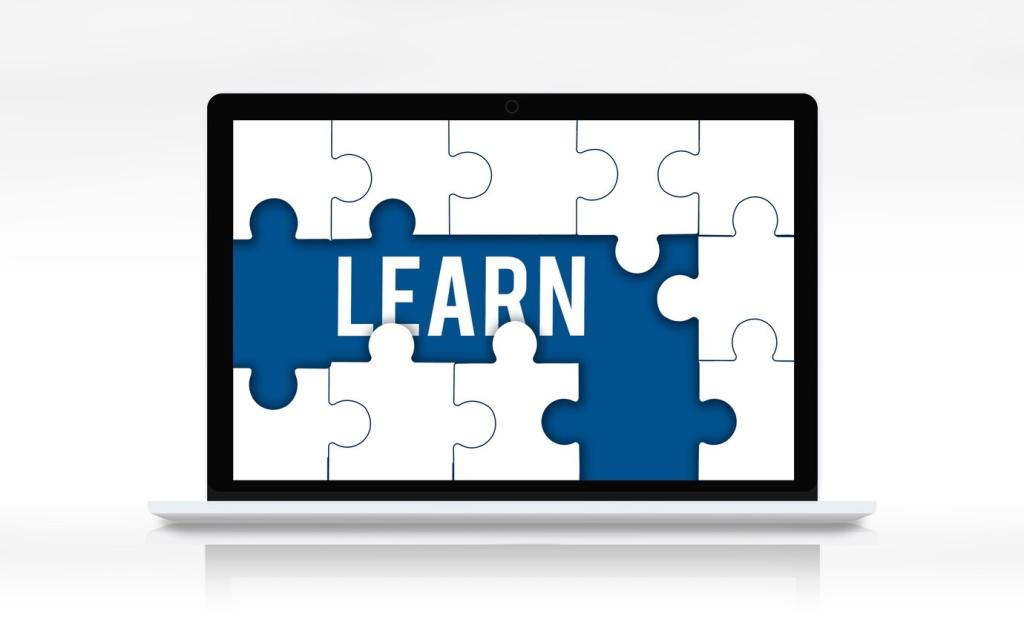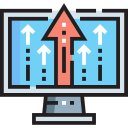Developing Digital Literacy in Schools: Preparing Every Learner for a Connected Future
Chosen theme: Developing Digital Literacy in Schools. Welcome to a friendly space where educators, families, and students explore practical ways to think critically, create responsibly, and thrive online. Stay with us, share your voice, and subscribe for weekly, classroom-ready ideas and inspiring stories.



Why Digital Literacy Matters Now
True digital literacy is not about having more devices; it is about discernment. Students learn to search strategically, evaluate sources, spot bias, synthesize perspectives, create ethically, collaborate across differences, and reflect on how technology shapes decisions, relationships, and opportunities.
Why Digital Literacy Matters Now
In one eighth-grade class, a dramatic protest photo spread quickly. Students used reverse image search, geolocation clues, and news triangulation. They discovered the image was old and edited. The lesson stuck: pause, verify, and question before reposting. Their sharing habits changed overnight.
Building a Schoolwide Vision
Shared Definitions, Shared Direction
Begin by co-creating practical definitions of digital literacy and digital citizenship with teachers, librarians, students, and families. Clarity reduces confusion, aligns expectations, and helps everyone recognize that critical thinking, creativity, and wellbeing are inseparable from responsible technology use.
Anchoring to Trusted Standards
Use trusted frameworks to guide your plan, such as the ISTE Standards for Students and Educators or UNESCO’s Media and Information Literacy resources. Aligning to clear standards ensures progression across grades, balanced competencies, and consistent language during instruction and assessment.
Stakeholder Mapping and Buy-In
Map roles for classroom teachers, specialists, IT teams, and families. Invite student ambassadors to co-lead. Host a brief vision workshop, gather quick surveys, and publish a one-page roadmap. Comment with your draft vision, and we will feature helpful examples in upcoming posts.
Across Subjects, Not Just ICT
Embed source evaluation in history debates, data ethics in science labs, creative attribution in art, and algorithmic thinking in math. When every subject owns a piece, students revisit essential skills often, seeing patterns and building confidence in varied contexts.
Project Example: Community Misinformation Map
Students collect examples of local rumors, design verification checklists, interview community experts, and publish a digital map with corrected information and citations. The project develops research, empathy, and communication—while directly improving the community’s information health and trust.
Assess What Matters
Use rubrics that value questioning strategies, source trails, citation practices, and reflection on impact. Portfolios capture growth across subjects. Invite students to annotate decisions they made while researching and creating. Share your rubrics in the comments for collective feedback and refinement.

Supporting Teachers to Shine
Offer job-embedded workshops tied to real units, short coaching cycles, and demonstration lessons. Provide choice boards with bite-sized strategies teachers can try immediately. Follow up with planning templates and co-teaching opportunities to reinforce learning and reduce prep stress.


This is the heading
Lorem ipsum dolor sit amet, consectetur adipiscing elit. Ut elit tellus, luctus nec ullamcorper mattis, pulvinar dapibus leo.

This is the heading
Lorem ipsum dolor sit amet, consectetur adipiscing elit. Ut elit tellus, luctus nec ullamcorper mattis, pulvinar dapibus leo.
Choosing Tools With Purpose
Start with learning goals, then test tools for accessibility, collaboration, and data practices. Pilot with a small team, gather student feedback, and prune your list. A stable, intentional toolkit fosters consistency, efficiency, and deeper focus during instruction and creation.
Privacy You Can Explain
Create plain-language data maps showing what is collected, where it goes, and how long it is kept. Offer clear consent processes and student-friendly explanations. Model safe habits by default, and invite questions so privacy becomes a shared, ongoing conversation.
Share Your Favorite Setups
Which two or three platforms anchor your digital literacy work, and why? Add your recommendations below to help peers worldwide. Subscribe to receive curated tool comparisons, classroom routines, and templates that simplify rollouts while protecting student data and wellbeing.
